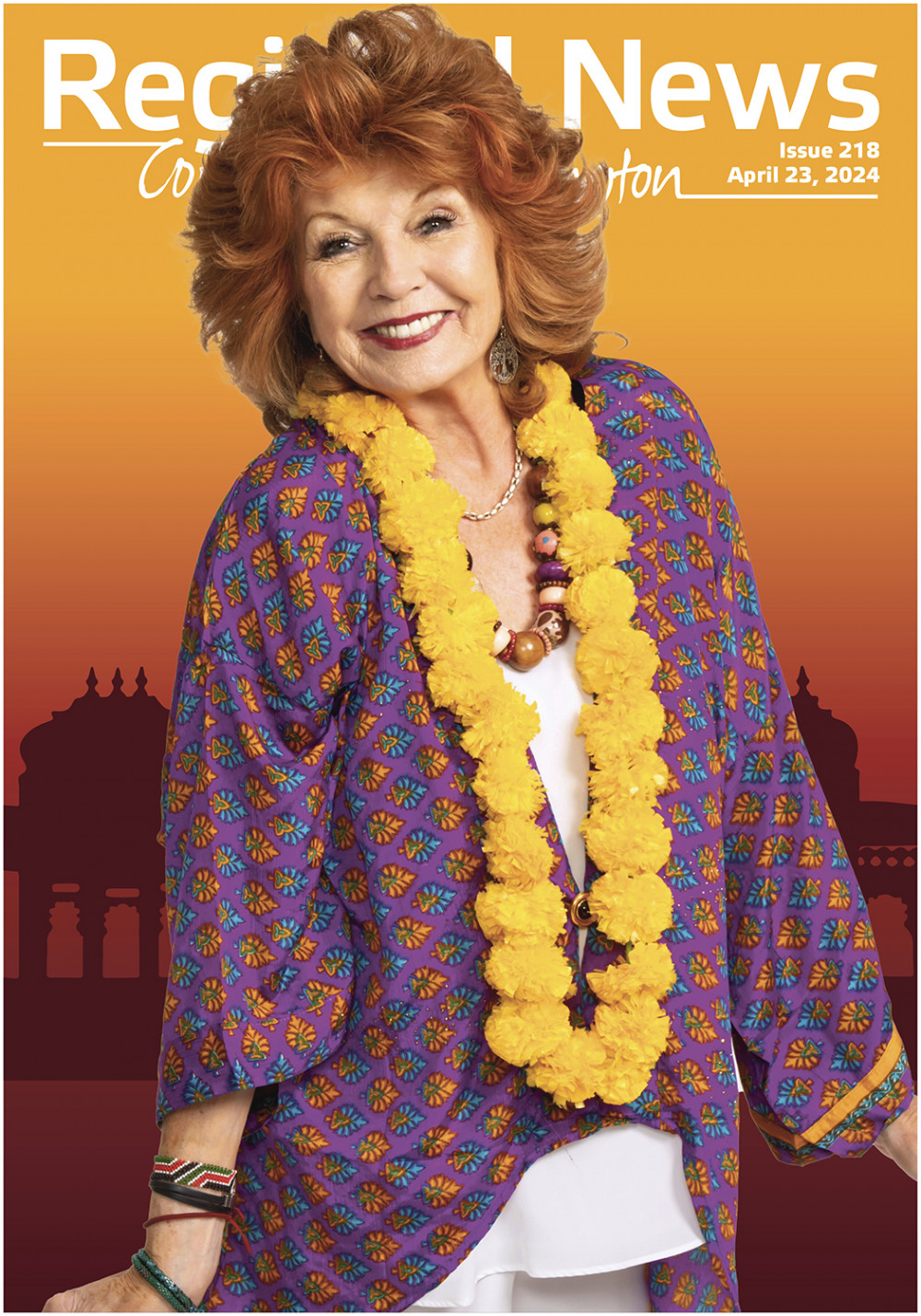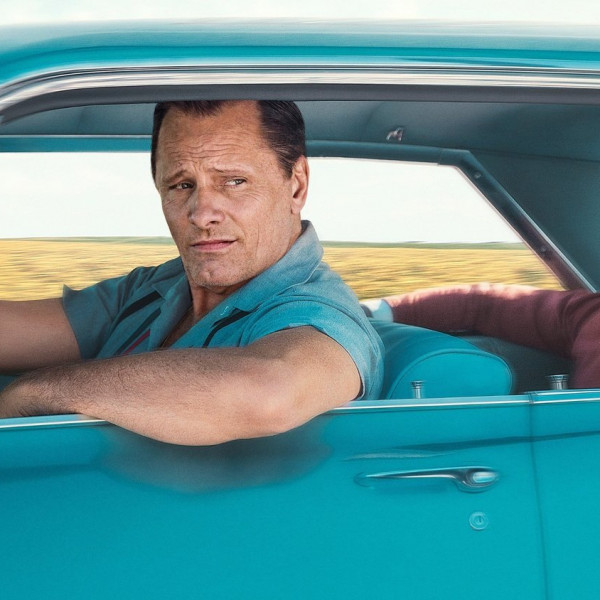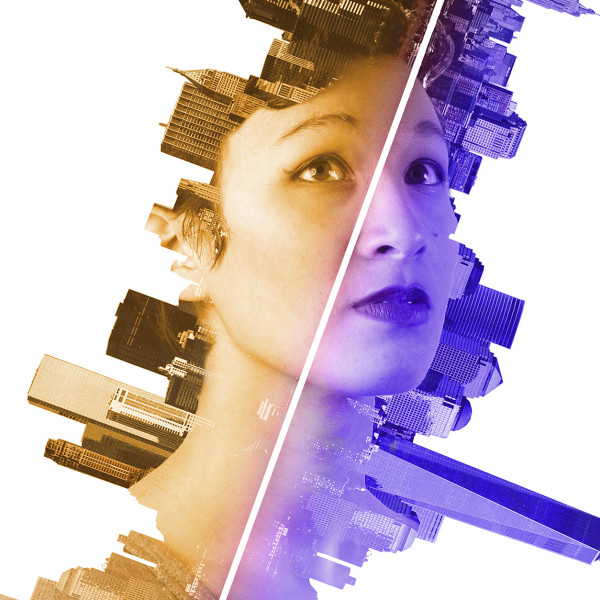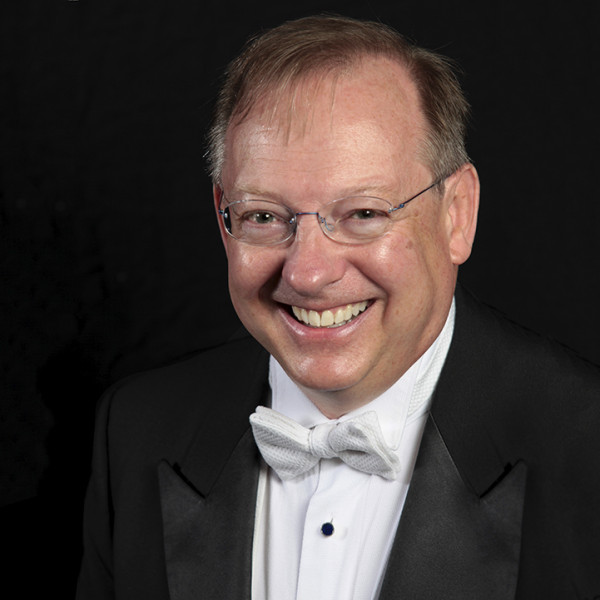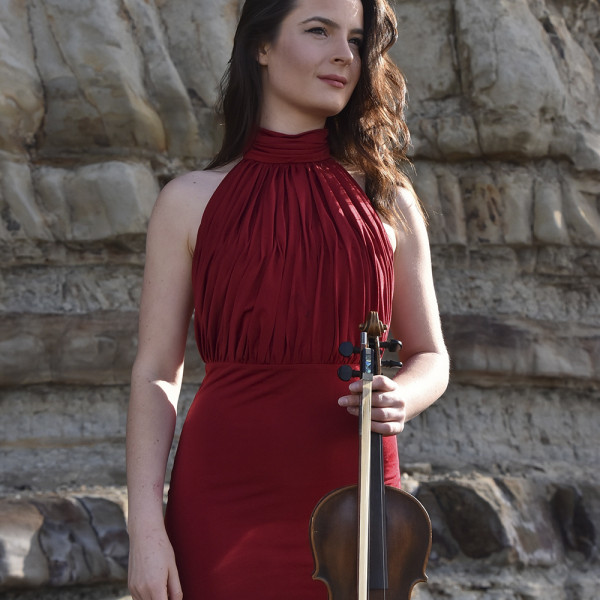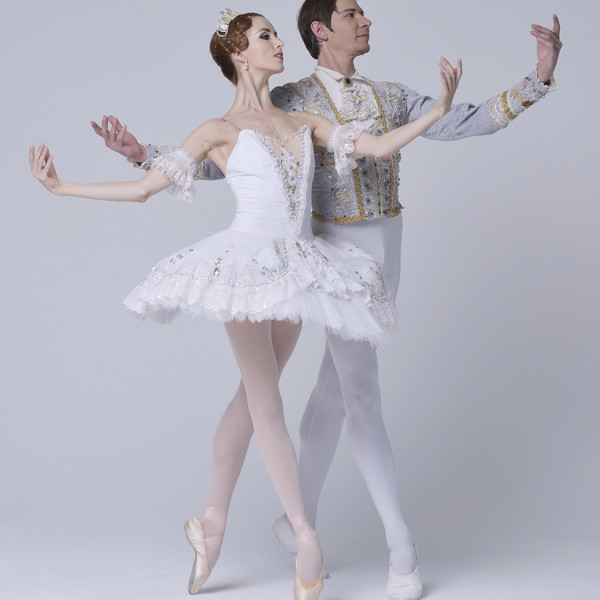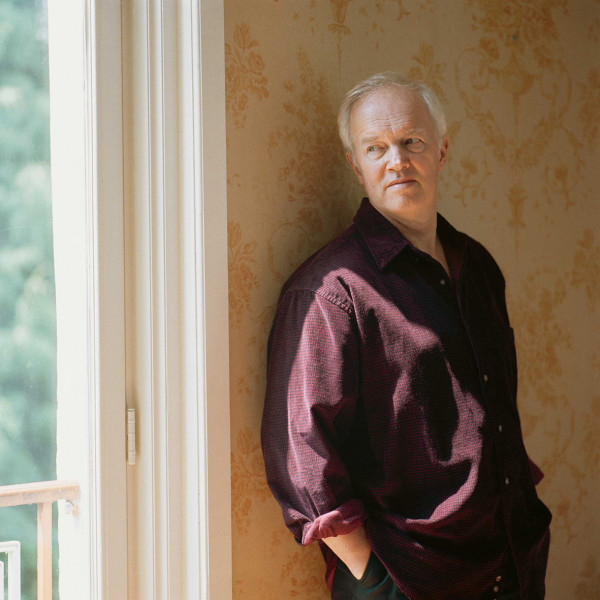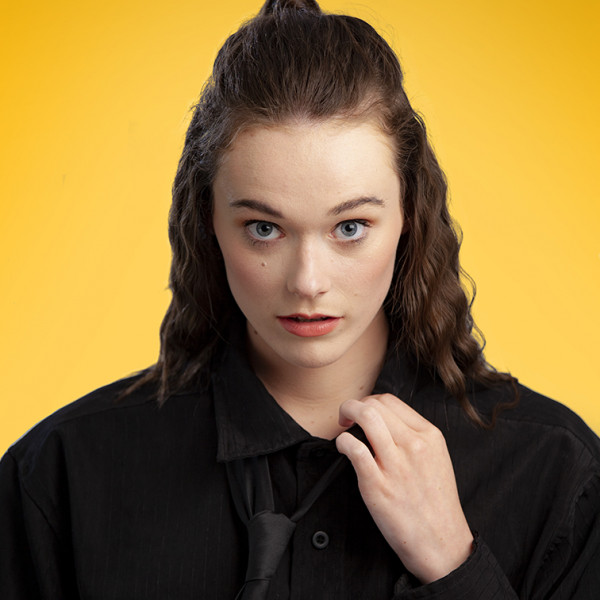
Twelfth Night
Written by: William Shakespeare
Directed by: Anastasia Matteini-Roberts
BATS Theatre, 12th Feb 2019
Reviewed by: Madelaine Empson
I have seen many adaptations of Twelfth Night, but never one set in a drag club. With high hopes for this 6 Degrees Festival show from the Masters students of the MFA theatre programme at Victoria University of Wellington, I walked through the doors of the BATS Random Stage straight into a rainbow dream. My expectations were met and exceeded by this bright and buoyant production.
The story of Twelfth Night is well told. Siblings Viola (the poised Rebekah Adams) and Sebastian (the gentle Finnian Nacey) are shipwrecked and, both believing the other to be dead, scarper off in different directions. Viola disguises herself as the boy Cesario and enters the service of Duke Orsino (a charming and innocent performance from Simon Davies). The Duke sends his new manservant to profess his love for Olivia (the exquisitely elegant Charli Gartrell), becoming confused by his seemingly homosexual feelings for Cesario in the process. But Olivia falls in love with Cesario too. Viola’s got game.
Chaos ensues, spurred on by drunkard Sir Toby (the show-stopping genius Brianne Kerr), Maria (a-star-has-been-born Nick Erasmuson, performing beautifully in drag), and Fabiana (the energetic Ashleigh Yates), who manipulate everyone around them with surprising agility for people who drink so much. Bearing the brunt of the nasty tricks are Malvolio (the impassioned, yellow-stockings-clad Max Nunes-Cesar) and Sir Andrew (Finnian McCauley delivers the perfect level of silly here). The dancing, singing fool (she-may-as-well-be-Prince-she’s-so-great Ariadne Baltazar) watches all, while Sebastian’s love interest Antonio (the frenzied, fiery Alfredo Gonzalez) pines, and gets arrested. The representation in this production was refreshingly effortless, though I wish more could have been made of this great romance at the end.
Each cast member allowed the next their moment in the spotlight, and what moments they were. Stunning costumes added glitz and glam, and, oh, the dance numbers! Erasmuson’s choreography with Harriet Foster’s sound design? C’est magnifique.
The inclusion of an interval would have made this a near-perfect two hours of theatre.



